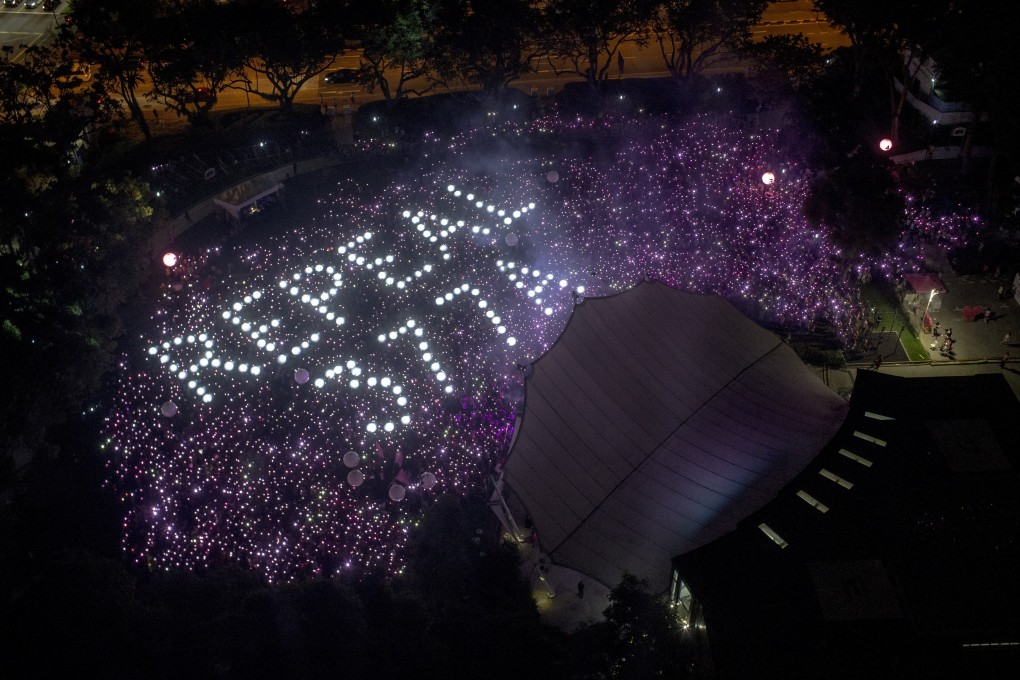Lunar | Section 377A: repeal of Singapore’s gay sex law no guarantee of LGBTQ rights progress
- While the decision is something to celebrate, there are questions on whether it could inspire greater resistance to marriage equality

Lee said he hoped the repeal would “provide some relief to gay Singaporeans”, and it is a huge step forward to many in Singapore. The decision is of landmark significance as, according to lawyer and activist Remy Choo, “With the repeal of S377A, LGBTQ Singaporeans will no longer be considered criminals in the eyes of the law. This law has caused untold harm to a significant section of our population.”
Lee said the constitution would be amended to “protect the definition of marriage from being challenged constitutionally in the courts”, limiting the definition of marriage in Singapore to only between a man and a woman.
Enshrining the traditional definition of marriage could bring about more far-reaching legal consequences. Many of Singapore’s laws and policies are based on the existing definition of marriage, including public housing, education and media policies. Without changing the constitution to affirm the definition of marriage as that between a man and a woman, these can be challenged under Article 12 of the constitution, which states that all people are equal before the law.

